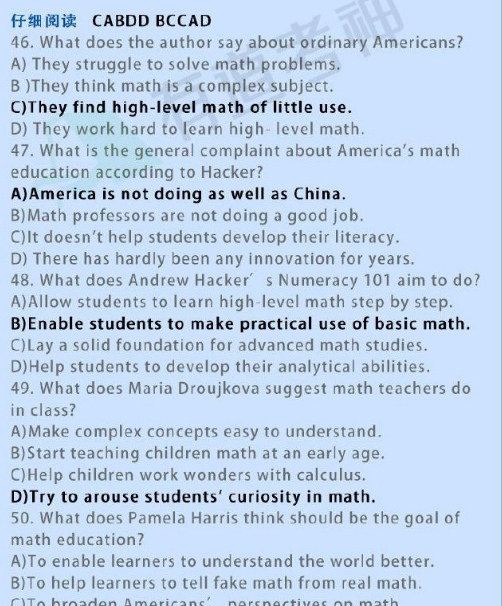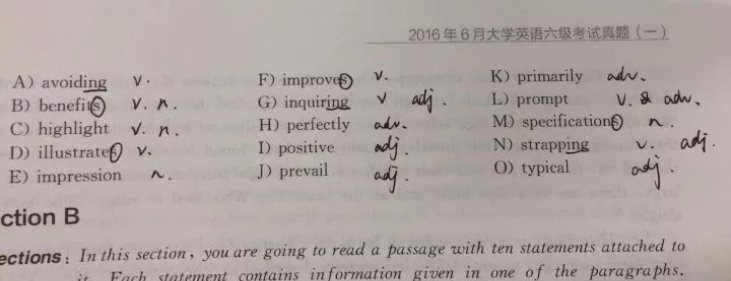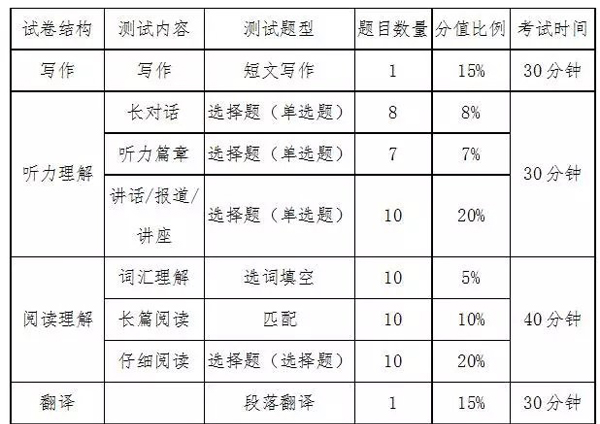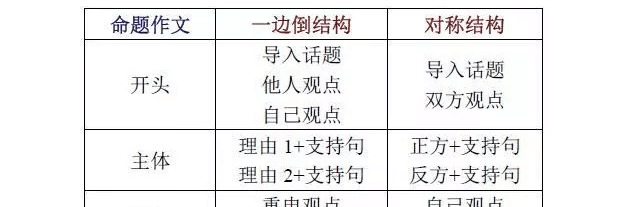杨凡写作每周背诵日积月累1
|
Nor can I blame them. They live in a brutal economy. Today it is not unusual for a student, even if he works part time at college and full time during the summer, to accrue $ 5.000 in loans after graduation. Exhorted at commencement to go forth into the world, he is already behind as he goes forth. How could he not feel under pressure throughout college to prepare for this day of reckoning? Along with economic pressure goes parental pressure. Inevitably, the two are deeply intertwined. Poor students. They are caught in one of the oldest webs of love and duty and guilt. The parents mean well; they are trying to steer their sons and daughters toward a secure future. But the sons and daughters toward a secure future. But the sons and daughters want to major in history or classics or philosophy—subjects with no “practical” value. Where’s the payoff on the humanities? It’s not easy to persuade such loving parents that the humanities do indeed pay off. The intellectual faculties developed by studying subjects like history and classics are just the faculties that make creative leaders in business or almost any general field. Luckily for me, most of them got into their field by a circuitous route, to their surprise, after many detours. The students are startled. They can hardly conceive of a career that was not preplanned. They can hardly imagine allowing the hand of God or chance to nudge them down some unforeseen trail. Several factors may account for this. One factor is that smokers depend psychologically on cigarettes. Whenever they feel nervous, excited, sad or happy, they turn to smoking by instinct. Another one is that those who smoke in public places are of loose morals. These people seldom think of the damage that their smoking does to the health of nearby non-smokers. |








